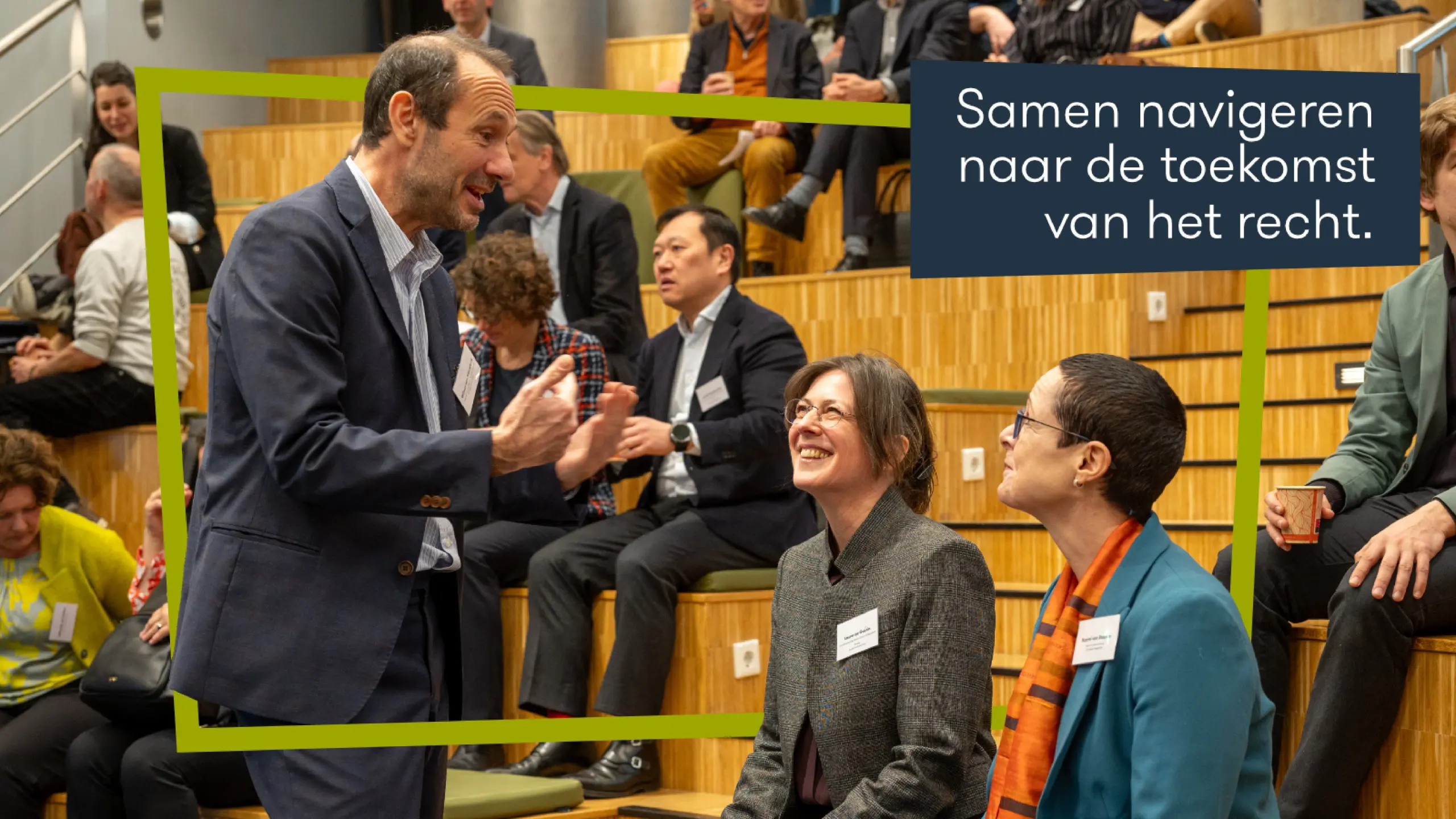Human-Centered Law in Practice
9 April 2025
The conference Human-Centered Law and Practice focused on the importance of the human dimension. Students and experts explored how justice and empathy can once again take center stage in policy.

How do we ensure we don’t lose sight of the people for whom policy is intended? This question was central on Friday, March 7, 2025, during the first conference of the SIA platform Human-Centered Law and Practice. “Many students study constitutional law, but not the impact it has on ordinary citizens. During this conference, we highlighted the often-forgotten perspective of the citizen,” says Barbara Warwas, Professor of Multilevel Regulation.
In the Netherlands, we have a democracy—a form of government made up of several institutions that check and balance each other to prevent the abuse of power. But what happens when policies become so complex that people get lost in the system? “If you’re a single parent in the Netherlands with a low income, you have to deal with eight different agencies and fill out eighteen forms. These numbers come from the National Ombudsman,” explains Tim Verheij, Coordinator of Education and Legal Aid at the Amsterdam Law Hub.
Tim sees these situations regularly at the legal aid clinics where he works. People come in for help with applying for benefits or making changes after major life events, such as a divorce. The childcare benefits scandal revealed how citizens can get stuck in a system that lacks a human touch. Victims had to go through six different agencies and many steps, only to end up empty-handed. “Sometimes it feels like we’ve gone from a welfare state to a ‘prove you’re entitled to it’ state,” Tim remarks.
Preparing students well
“I believe we’ve gone too far with policies and procedures, to the point where the system is now working against the people,” Barbara Warwas says. “With the SIA platform Human-Centered Law and Practice, we want to show our students that their work should primarily focus on people—not just on rules and regulations. Unfortunately, in practice, we often see the opposite.”
Society and perceptions of government are changing. Polarization is increasing, and public trust in government is declining. Through the platform, Barbara aims to prepare students to tackle complex issues—including moral dilemmas—in a constructive way. “Many professors in our network are doing important research in this field. At The Hague University of Applied Sciences, two research groups are working with three faculties on a peer mediation training program for students. The aim is to prevent polarization and conflict in the classroom, while also giving students valuable skills for their future professional lives,” she explains.
Artificial Intelligence
The rise of AI was also discussed during the conference—an unavoidable topic. It doesn’t mean that legal professionals will become obsolete, but rather that the human aspect will become even more important. We will always need that human connection. That’s the future we want to prepare our students for.